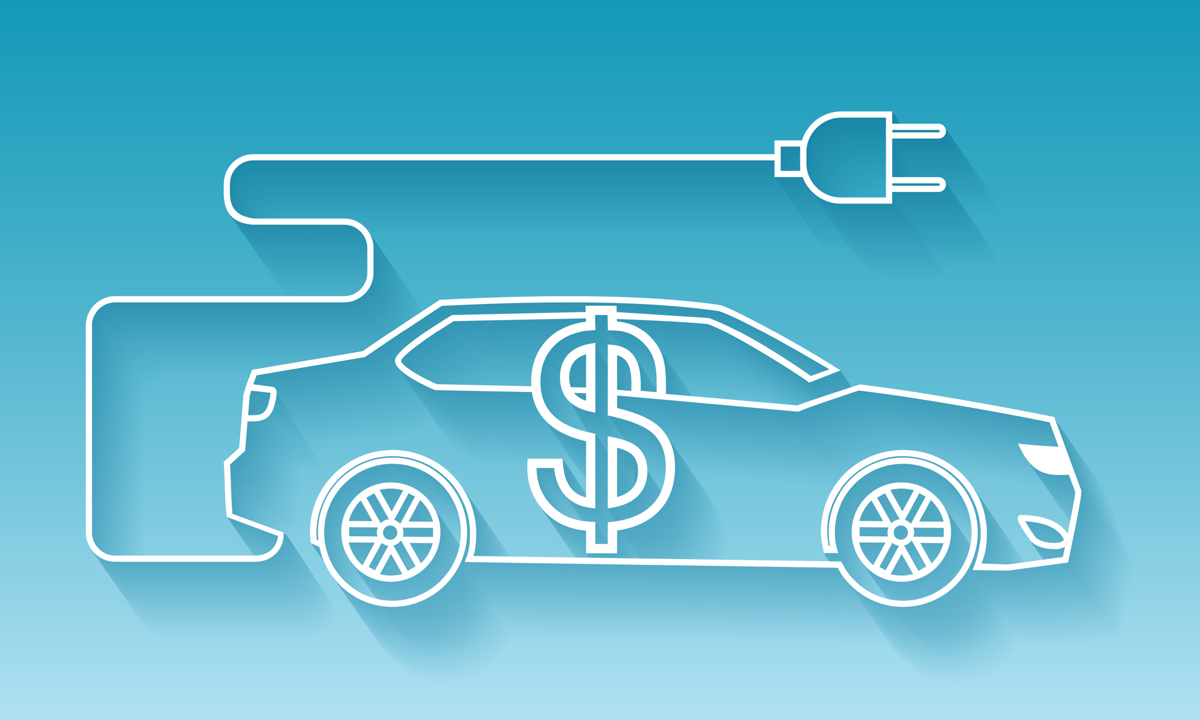
The province of BC has released new changes to the successful EV rebate program. The current program has propelled BC into the leadership position for EVs bought per capita in the country, but the government’s new changes further limit who is eligible for these rebates. The full rebate has increased to $4,000 from $3,000, but is now contingent upon a buyer’s income. Whether this has an impact on the numbers of EVs that are bought remains to be seen.
“More and more people in British Columbia want to get an electric vehicle to save money on gas and reduce their carbon footprint,” said Bruce Ralston, Minister of Energy, Mines and Low Carbon Innovation. “We’re improving our rebate program to make EVs more affordable and accessible for more families.”
“We’re helping make electric vehicles more affordable for more people in communities across the province,” said George Heyman, Minister of Environment and Climate Change Strategy. “British Columbia is a leader in electric vehicle adoption, thanks to CleanBC, and we’re expanding access so that even more people can choose clean technologies that help avoid high gas prices, reduce maintenance costs and cut climate pollution.”
The CleanBC program is facilitated by the New Car Dealers Association of BC, an organization that, in the past, has lobbied for the reduction or removal of the luxury car tax, in addition to pushing for rebates to help equalize the costs of purchasing an EV compared to a gasoline-powered vehicle.
“We know that the price of zero emission vehicles is an obstacle for many consumers, particularly those on the lower end of the income spectrum, said Blair Qualey, president and CEO, New Car Dealers Association of BC. “So, making clean energy vehicles more affordable for those who may need the most help in making the transition is good news.”
The new legislation limits the full rebates to buyers who make under $80,000, with limited rebates to buyers with an income up to $100,000.
“While we can appreciate that the government always faces the difficult position of trying to manage program spending and budgets, we will be watching how changes for higher income participants may impact ZEV uptake,” said Qualey.
According to the government press release, “Based on 2020 income tax returns, more than 90 per cent of British Columbians are eligible for the provincial electric vehicle rebate. When combined with federal rebates, British Columbians can save as much as $9,000 on the purchase or lease of a new EV.”
“British Columbia has reached a leadership position in zero-emission vehicle sales within North America because of the thoughtful approach by government and partner agencies, which has included rebates that make ownership as affordable as possible,” said Qualey. “The latest changes go a step further and ensure those at the lower end of the income spectrum have a greater ability to purchase a clean-energy vehicle – and that is good news for the sector, for the government and, most importantly, for the environment.”
The maximum rebate for a car remains at a maximum of $55,000, but for larger EVs including minivans, sport utility vehicles and pickup trucks, the cap has been set at a maximum retail price of $70,000.
This year, B.C. made electric vehicles exempt from provincial sales tax, making the purchase of an EV more affordable and providing more options.
CleanBC’s Go Electric EV Charger Rebate program offers provincial rebates that can cover as much as 50% of eligible purchase and installation costs for EV charging stations for single-family homes, condominiums, apartments and workplaces.











